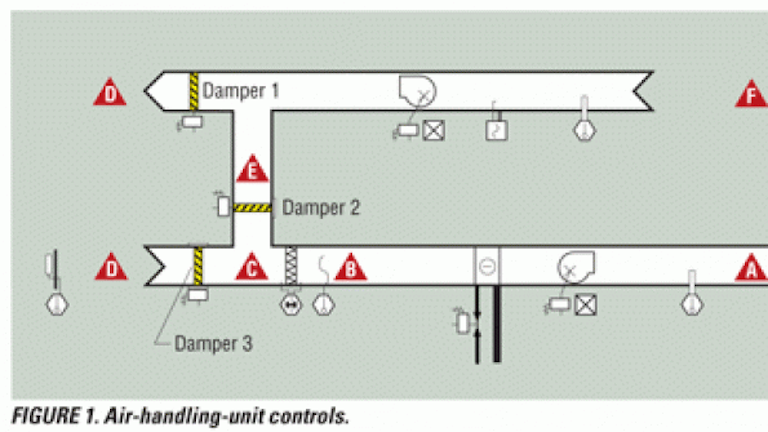The system curve changes.
Box fan cfm static pressure.
This fan calculator is typically used to calculate the cfm or cubic feet per minute of air exchange that may be desired in a building.
Technicians typically measure static pressure in inches of water gauge.
Whether exhausting air or bringing fresh air into a structure the calculation produced should help to figure out the size of fan s required to accomplish the air exchanges needed.
If you know one cfm s p point of a system you could use fan law 2 to determine the static pressure for other flow rates.
This makes them better than high airflow counterparts at moving air through radiators case meshes and dust filters.
Static pressure sp static pressure is the resistance to airflow friction caused by the air moving through a pipe duct hose filter hood slots air control dampers or louvers.
Set on low these fans runs at 1 450 rpm and push 37 85 cfm while producing just 23 dba.
A matching of the system occurs when the airflow delivered by the fan at a given static pressure equals the static pressure resistance of the.
1 inwg 25 4 x mmwg.
A larger static pressure forces the fan to consume more power to expel the same amount of air.
Once any element of the system changes duct size hood length riser size etc.
They apply to a fixed air system.
Static pressure is rated in inches water gauge inwg or the metric equivalent millimeters water gauge mmwg.
If the estimated static pressure resistance is greater than the available static pressure of the fan the airflow cfm delivered by the fan decreases until the system pressures match.
An exhaust fan s static pressure also known as its pressure drop describes the resistance the fan must overcome.
The fan generates air pressure of 7 63 mmh2o and a healthy airflow of 110 cfm so it provides both high static pressure and high airflow.

